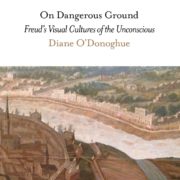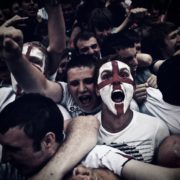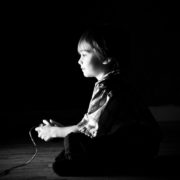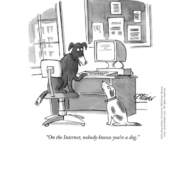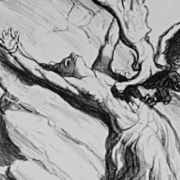A Laplanchean Approach to Consent: Infantile Sexuality, Risk and States of “Overwhelm”
June 4, 2019 8pm
Avgi Saketopoulou, PhD • Presenter
Stan Coen, MD • Discussant
This presentation brings together Freud, Laplanche, and Bersani to offer a psychoanalytic way of thinking about consent. It proposes a different kind of consent that can be at work in sexual encounters, and also in the analytic encounter; limit consent. In contrast to its affirmative counterpart, limit consent does not seek to reproduce a known experience of satisfaction. It aims, instead, towards a new experience. Limit consent is intimately connected to the rousing of the sexual life and death drives (Laplanche). When these escalate without interruption or modulation to move beyond the pleasures principle, a state of overwhelm can ensue. An extended clinical example will help illustrate how analytic work with such states can lead to psychic transformations.
Dr Saketopoulou is a psychoanalyst and faculty member at the NYU Postdoctoral Program in Psychoanalysis.
Dr Coen is a training and supervising analyst at the Columbia University Center for Psychoanalytic Training and Research
1. Participants will be able to describe the concept of limit consent and explain its relationship to the sexual.
2. Participants will be able to explain the notion of overwhelm and discuss how its connected to limit consent
3. Participants will be able to discuss the potential clinical utility of the concept of overwhelm.
Unless otherwise specified, all meetings will occur at the Columbia University Faculty House (East Campus), 64 Morningside Drive, north of 116th Street

